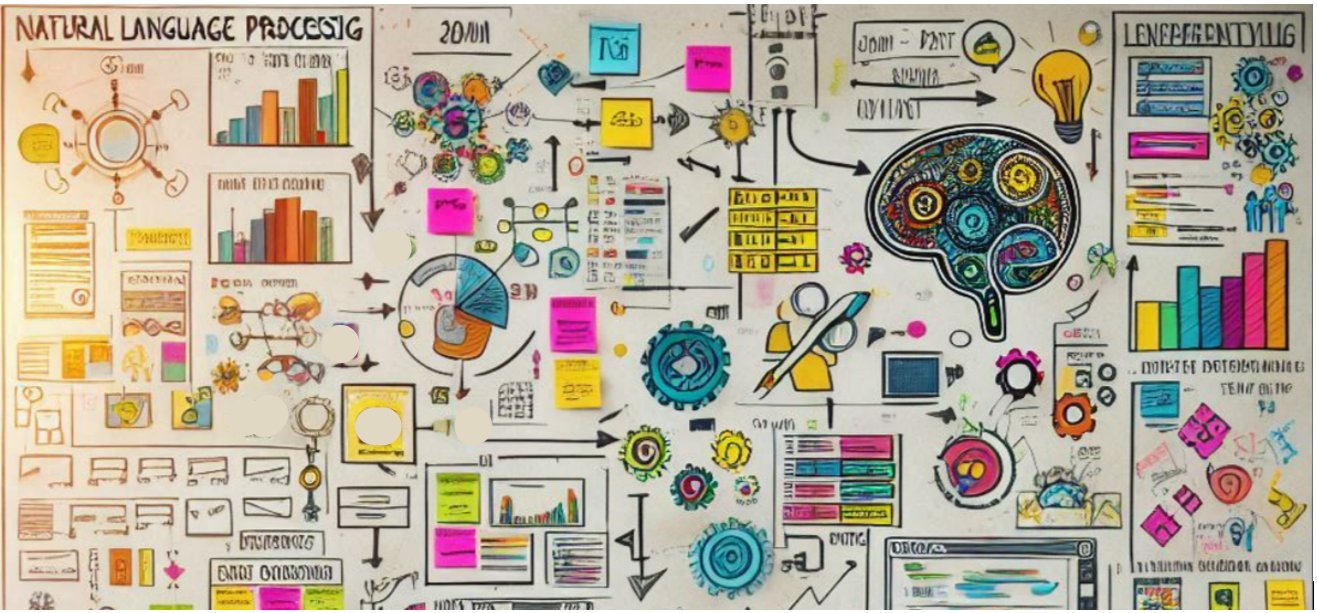Neuro-Linguistic Programming, commonly known as NLP, is a psychological approach that focuses on the connection between the brain (neuro), language (linguistic), and behavior (programming). Developed in the 1970s by Richard Bandler and John Grinder, NLP aims to help individuals understand how their thoughts, language, and actions are interconnected, enabling them to make positive changes in their lives.
NLP is based on the idea that our thoughts (neuro) influence our language (linguistic), and our language affects our actions (programming). By understanding and altering these processes, we can change our behaviors and improve our lives.
How Does NLP Work?
NLP works through a variety of techniques and principles designed to help individuals achieve their goals, overcome fears, and enhance their communication skills. Here are some key concepts of NLP:
1. Anchoring: Anchoring involves associating a specific feeling or state with a particular trigger. For example, recalling a happy memory while touching a specific spot on your hand can help you access that positive emotion whenever you need it.
2. Reframing: Reframing is the process of changing the way you perceive a situation. By shifting your perspective, you can turn challenges into opportunities. For instance, instead of seeing a failure as a setback, you can view it as a valuable learning experience.
3. Modeling: Modeling involves observing and imitating the successful behaviors of others. By studying how successful people think, communicate, and act, you can adopt similar strategies to achieve your own success.
4. Visualization: Visualization is the practice of creating a mental image of your goals. By vividly imagining yourself achieving your objectives, you can program your mind to work toward them with greater focus and determination.
NLP and Islamic Principles
Interestingly, many aspects of NLP align with Islamic teachings. Islam emphasizes the importance of positive thinking, self-discipline, and purposeful action, which are also key components of NLP.
1. The Power of Intention (Niyyah): In Islam, every action is judged by its intention. Similarly, NLP stresses the importance of setting clear and positive intentions. When our intentions are pure and aligned with our goals, we are more likely to succeed. The Prophet Muhammad (peace be upon him) said, “Actions are judged by intentions, so each man will have what he intended.” (Sahih Bukhari)
2. Positive Thinking and Gratitude: Islam encourages believers to maintain a positive mindset and express gratitude for Allah’s blessings. This concept aligns with NLP’s focus on positive thinking and reframing negative experiences. The Quran says, “If you are grateful, I will certainly give you more.” (Ibrahim:7)
3. Self-Reflection and Improvement: NLP encourages self-reflection to understand one’s thoughts, behaviors, and patterns. In Islam, self-reflection (muhasabah) is a practice that helps Muslims evaluate their actions and strive for personal improvement. The Quran advises, “And be not like those who forgot Allah, so He made them forget themselves.” (Al Hashr:19)
4. The Power of Words: Both NLP and Islam recognize the profound impact of words. NLP teaches that language shapes our reality, while Islam instructs believers to speak only what is good and true. The Prophet Muhammad (peace be upon him) said, “Whoever believes in Allah and the Last Day, let him speak good or remain silent.” (Sahih Bukhari)
Neuro-Linguistic Programming offers practical tools for improving communication, achieving goals, and enhancing personal growth. Its principles of positive thinking, intention, and self-improvement resonate with Islamic teachings, making it a valuable approach for Muslims seeking to better themselves.
By combining NLP techniques with the wisdom of Islam, we can create a balanced and fulfilling life. Remember that the mind is a powerful tool, and with the right mindset and intention, guided by Islamic principles, we can achieve our goals and lead a life that pleases Allah.





